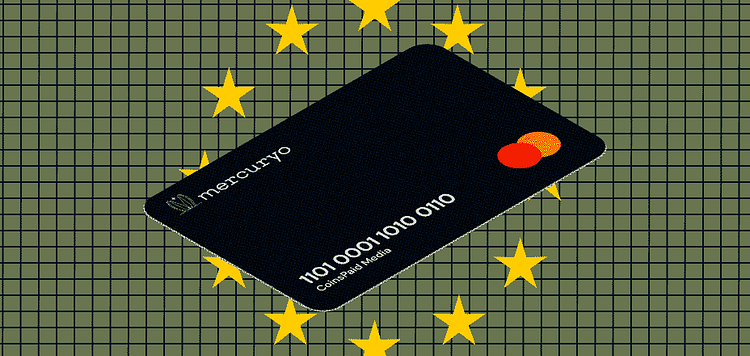Mastercard has taken a groundbreaking step in integrating traditional financial services with Web 3 technologies by introducing its first-ever Bitcoin debit card. This innovative product allows users to purchase directly with Bitcoin, seamlessly integrating with Mastercard’s existing merchant network, encompassing over 100 million merchants globally.
The new card, developed in collaboration with Mercuyro, a crypto payment infrastructure provider, is set to be rolled out initially in Europe as part of its pilot phase. Unlike traditional centralized wallets, this Bitcoin debit card offers a non-custodial approach, giving users full control over their Bitcoin assets.
Mastercard’s Web 3 Integration Strategy
Mastercard’s move into the Web 3 space is not entirely new. Earlier in August, the company launched a crypto debit card in partnership with Metamask, a prominent self-custodial wallet provider. The payment giant partnered with Xaman Wallets to offer self-custody Web 3 wallets. Additionally, Mastercard has formed partnerships with other crypto entities like Baanx Group, Monavate, and 1inch, aiming to promote self-custody in the financial industry.
Raj Dhamodharan, Mastercard’s blockchain and digital asset lead, explained in an August 14 blog post that the complexities of using crypto for everyday transactions with centralized wallets—often involving crypto exchanges—create obstacles for buyers and sellers. Mastercard believes that self-custody Web 3 debit cards address these challenges, facilitating easier cryptocurrency integration into daily global transactions.
Features and Costs
The new Web 3 debit card from Mastercard and Mercuyro comes with several features and fees:
- Issuance Fee: €1.60 ($1.80)
- Monthly Maintenance Fee: €1.00 ($1.10)
- Off-Ramp Fee: 0.95% per transaction
Despite these fees, card users can expect enhanced freedom and control over their crypto assets, making everyday transactions more straightforward and accessible.











